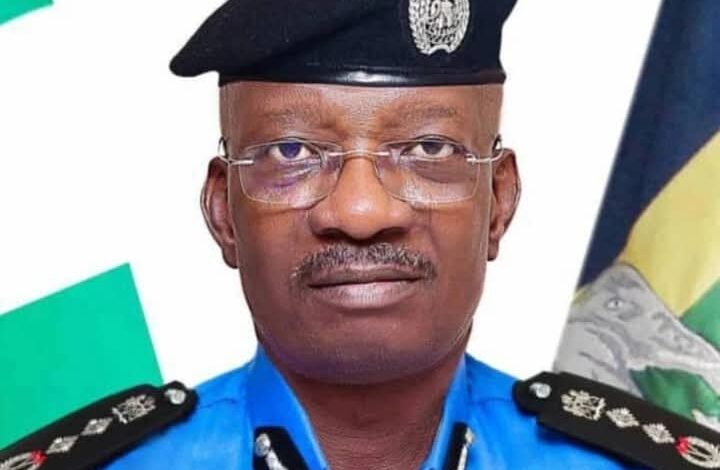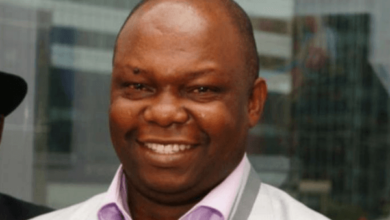NPF launches Nationwide training for 10,000 new recruits

April 11, 2025- In a bold step to strengthen public safety, the Nigeria Police Force (NPF) will train 10,000 recruits nationwide starting April 12, 2025.
This initiative aims to equip officers with modern policing skills, emphasizing community engagement and crime prevention.
By prioritizing hands-on training, the program seeks to bridge gaps in law enforcement effectiveness.

ACP Olumuyiwa Adejobi, the Force Public Relations Officer, announced the plan April 11, highlighting its role in ongoing police reforms.
Training will occur at accredited colleges and schools across all regions, ensuring accessibility and standardized instruction.
This decentralized approach reflects efforts to tailor strategies to local security needs.
During a virtual orientation ceremony, Inspector-General Kayode Egbetokun urged trainers to instill integrity and professionalism in recruits.
Represented by DIG Frank Mba, he emphasized that “reforms begin with ethical training—this cohort must embody accountability.”
His address reinforced the administration’s commitment to cultural change within the force, ultimately moving beyond outdated practices.
Furthermore, Egbetokun ensured that trainees would receive adequate welfare, which includes nutritious meals, safe housing, and structured learning environments.
“These recruits deserve dignity as they prepare to serve,” he stated, addressing past criticisms of poor conditions. His pledge aligns with broader goals to boost officer morale and public trust.
The IGP also thanked President Bola Tinubu for backing the initiative, noting its alignment with national security priorities. With rising concerns over crime rates, this recruitment surge signals a proactive investment in safer communities. Analysts predict the move will reduce response times and improve investigative efficiency.
As preparations finalize, trainers have begun updating curricula to include cybercrime management, de-escalation tactics, and human rights protocols.
Community leaders have welcomed the program, urging transparency in its execution.
Many hope it will mend strained police-citizen relationships through collaborative problem-solving.
Critics, however, caution against repeating past mistakes, such as inadequate post-training support or corruption. Advocates insist sustained funding and oversight are vital to ensure lasting impact.
Public scrutiny remains high, with citizens demanding visible results.
The recruits, selected through rigorous screenings, will undergo six months of intensive drills, classroom sessions, and field simulations. Successful graduates will deploy to underserved areas, prioritizing regions with elevated security challenges.
This milestone reflects Nigeria’s commitment to modernizing its police force.
By fostering a culture of excellence and empathy, the program aspires to create officers who protect and inspire.
As one trainer remarked, “These recruits aren’t just learning laws—they’re learning to heal communities.”
With rising anticipation, the nation watches as this new chapter unfolds.
If successful, it could redefine policing in Africa’s most populous nation, proving that reform is possible through dedication and unity.
Post Views: 59





